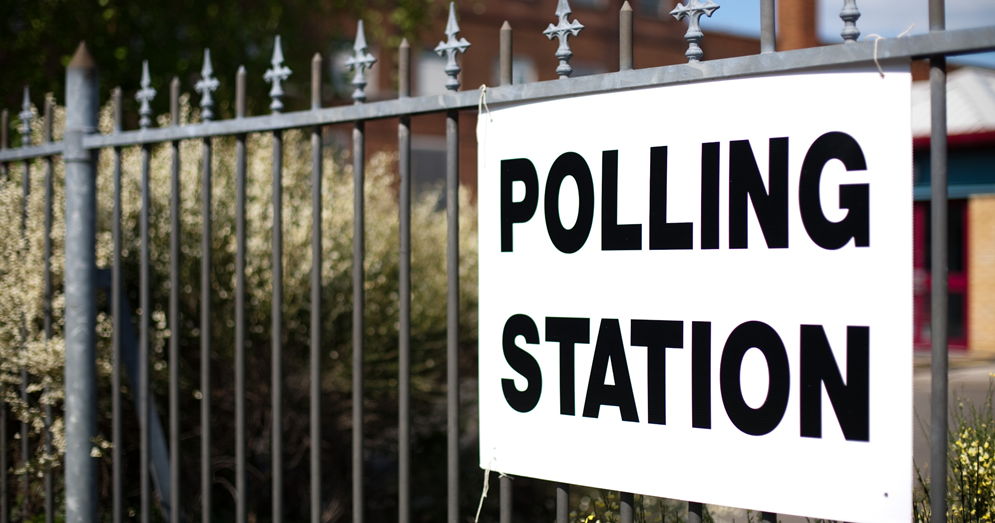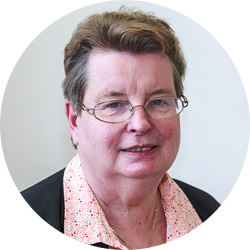

Despite the hung parliament, there are some clear messages from those in education, Sue Williamson, SSAT Chief Executive, points out…
Another election and another surprise result. I am listening to political pundits analysing the situation and speculating on what happens next. Nobody knows, but I would like to suggest that there are some clear messages.
Firstly, that young people have become very engaged in the political process. My grandson, Callum, has been canvassing in Kilburn and Hampstead for Tulip Siddiq. He was one of a large group of young people who worked tirelessly in the weeks before and on the day of the election. All of them were inspired by Jeremy Corbyn’s style of leadership – he listens, he is modest, he’s warm, he’s authentic and he understands ordinary people. Callum, like many young people, was angry over the referendum decision as he thought the older members of the population had jeopardised his future. It can only be good for our nation that the young engage in politics and help drive a new way of doing politics.
Secondly that leadership comes in a variety of styles, and it is essential that it is built on principles that are shared and understood by those you wish to lead. At SSAT we have advocated principled leadership , which includes, for example, urging you not to do things because you think that this is what Ofsted wants, but do what is right for the young people in your care. As the school-led system develops, it will become even more important that school leaders do what is right for students in the wider community. And this will require collaboration.
Thirdly that many people are concerned about the state of our public services, including education. On my visits to schools and meetings with headteachers, the issue of school funding has been the number one concern. The new Secretary of State for Education has to tackle this as a priority. I hope the election result means that the drive for new selective schools has ended and that the resources allocated for this and other free schools can be utilised for existing schools. While I am in favour of a national funding formula, the current proposal does not seem very fair. There needs to be a fresh look at the formula, followed by sensible transition arrangements. We are working on a number of partnerships that will enable us to offer our members discounts and savings on products and services from a variety of providers. More news on this as our negotiations continue.
Recruitment and retention
The new Secretary of State also needs to review teacher recruitment and retention. We need a strategic view of the numbers of graduates entering the profession. We also need to simplify the application process. The full responsibility for teacher training should not be on schools, but through partnerships with schools and universities. We do have some good examples of this, but sadly we have lost some good schools of education. We also need to retain more teachers in the profession – we are losing too many outstanding teachers. I am a judge for the Pearson Teaching Awards’ lifelong achievement award. I am astounded by the quality of work and the impact our best teachers have on the lives of young people and their families. However, there are serious concerns around teacher workload. SSAT recognises this and we are sharing ideas from around our networks – you will hear more about this later. We have also secured sponsorship to enable us to hold a one-day event on Reducing Teacher Workload on 30 June. We will be looking at principles and best practice in behaviour and engagement; planning and resources; and marking and assessment. Find out more about the Reducing Workload event.
This work is part of SSAT’s drive to recognise the achievements of schools and teachers. We have just finished our regional Educational Outcomes awards, which have allowed senior leaders to network and to celebrate success. We are determined to do even more of this, and I would urge the new Secretary of State to focus more on praising the work of teachers and allowing them to exercise their professionalism rather than constant criticism. We do need a period of stability, whilst the new examinations are embedded. Change needs to be planned at the right rate – we have seen mistakes made because of a charge to break the old before being ready with the new.
With the three dreadful recent terrorist incidents, I think we do need to look at the Prevent strategy. The profession needs to be fully engaged with this – a top-down, imposed strategy is wrong. We have been in discussions with UK Youth about partnership working on this. The youth service has been stripped of all grant funding and is reliant on fundraising. That is wrong: it is clear that high quality youth services are essential in any such strategy.
Over the next few weeks, we will have greater clarity on the political situation and its impact on education. I look forward to hearing who will be Secretary of State for education. Whoever that is, I believe that now is the time for the profession and school leaders to speak up for what is right for our young people.
